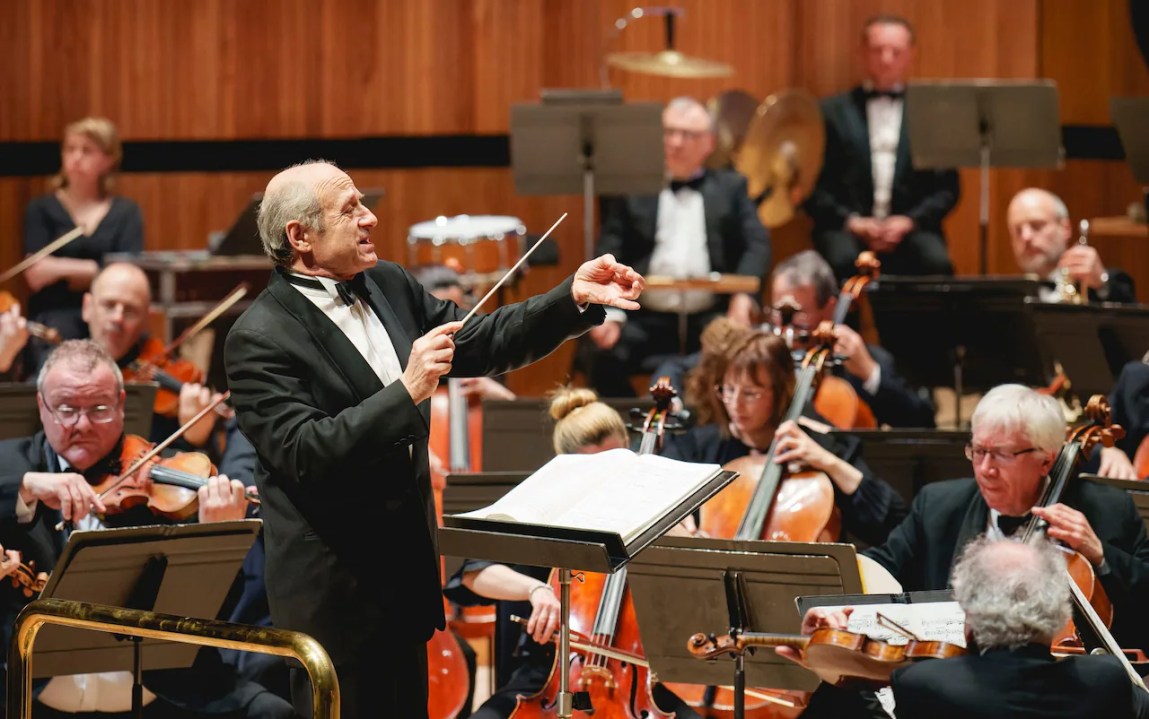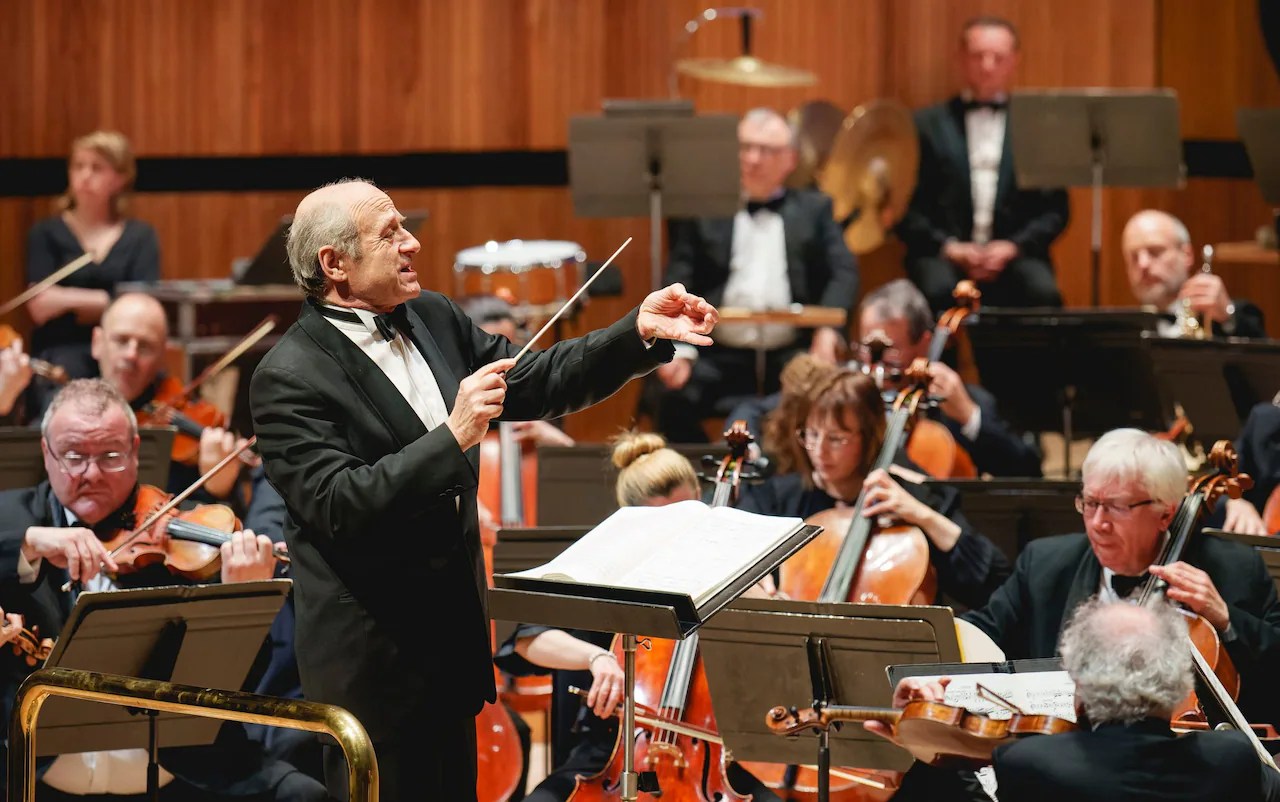The Budapest Festival Orchestra and founder Ivan Fischer have a reputation for exciting and joyous performances of Mahler. Even in this most tragic of symphonies, Fischer gave a grateful, if slightly sparse, audience exactly what they wanted.
Fischer and his orchestra’s talent was in the delivery, in the work’s ravishing tableaux, and not in its philosophical lessons. While the symphony’s themes: the death of tonality, the death of culture, the death of Mahler himself, constitute the material that binds the work as a whole, Fischer’s BFO demonstrated that a satisfying Mahler interpretation doesn’t need to make the music subservient to ideas about the music. Although delivering both would be the ideal.
After an unsteady first movement, the orchestra hit a sweet spot in the folksongs of the second, made up of two peasant dances and a vulgar French waltz that Fischer skewered with gusto. Mahler specified the violins play ‘like fiddles’, a marking which the most refined orchestras can turn into clumsy parody. But the Hungarians played with a home advantage: buoyant and with genuine enjoyment, showing off precise tempi changes and audacious glissandi, while the horns’ wildly giggling trills thrilled from the back of the bar, as the movement’s rustic saturnalia tipped over into violence – a drunken village knees-up with more than a few black eyes.
Fischer made use of the fiddler’s personality, irradiating out from the mesmerising leader Daniel Bard. The third movement, potentially a maelstrom of sarcastic rage, was played as a gripping rollercoaster ride, with outstanding soloists again elevating moments to transcendent delirium, in particular the cold augurs of Gabriella Pivon’s hypnotic, near-serialist flute lines.
Fischer’s final movement avoided introspection, keeping a fast pace, warm, rich, romantic, neither afraid of pianissimos nor subject to their tyranny. The quality of the soloists was again on display, particularly in the poignant duets of the stratospheric first violin and resonant contra-bassoon. In the near-static finale, marked by Mahler variously adagissimo (very slow), äußerst langsam (extremely slow) and empfindung (dying away), Fischer didn’t allow the music to stall – and die completely – before our eyes. With the help of some bravado from the orchestra, this symphony about death was full of life.
All a very persuasive reminder not to miss the orchestra’s return to these shores this summer when they visit the Edinburgh International Festival for four nights and then the Proms for three more.







Comments